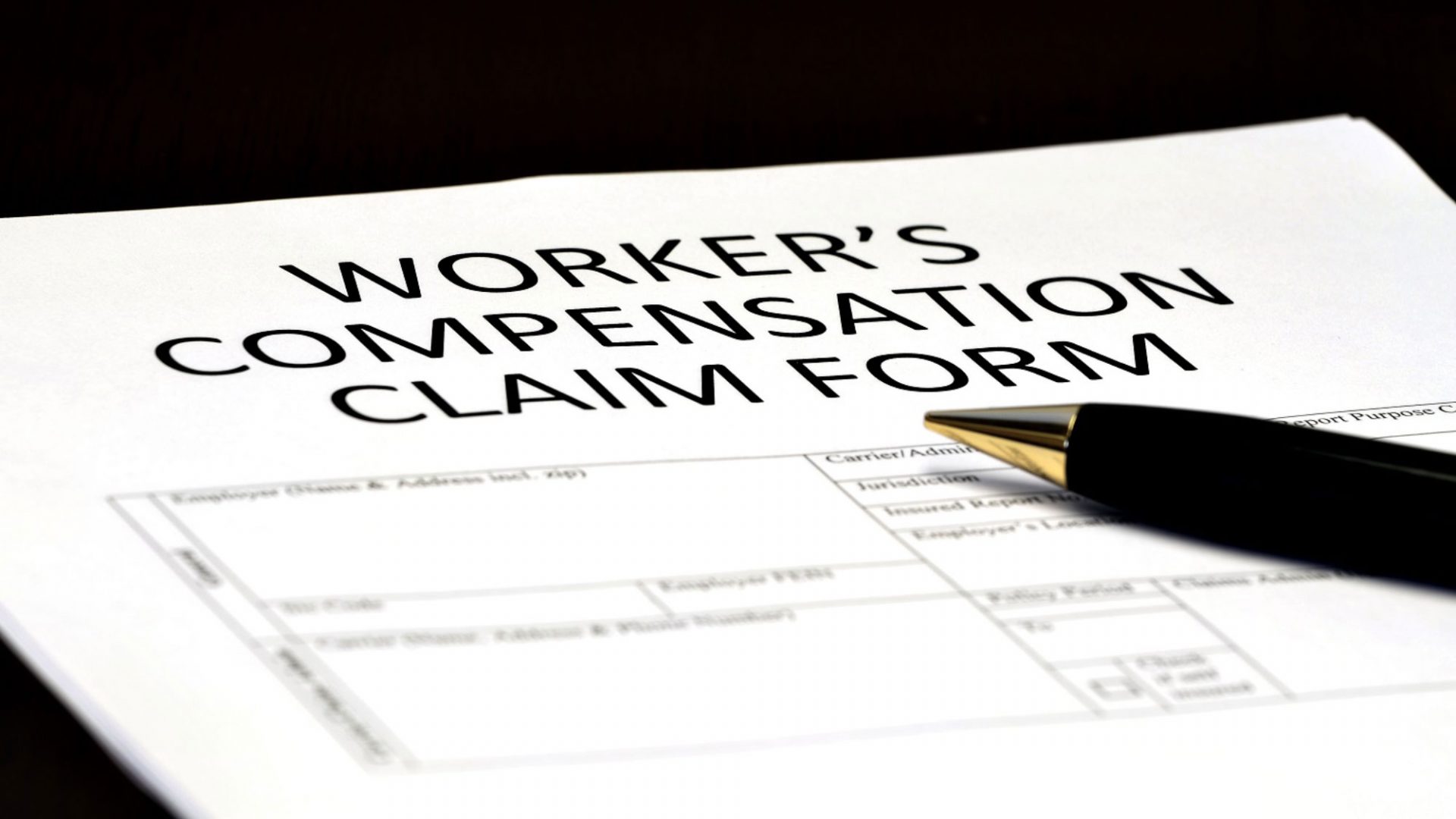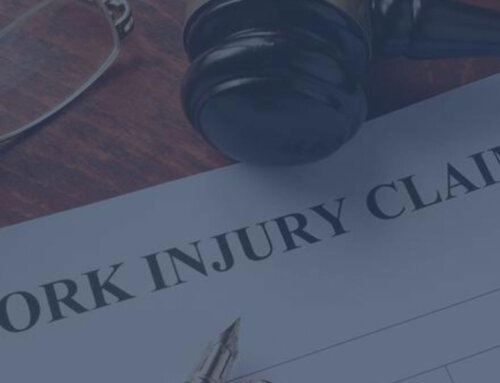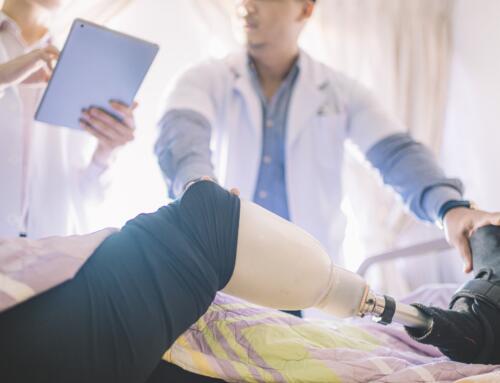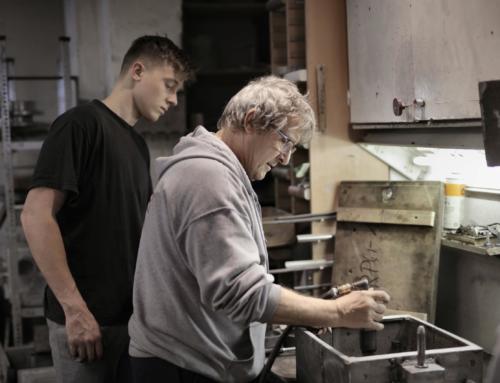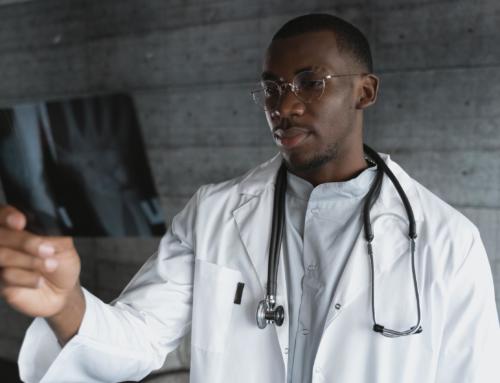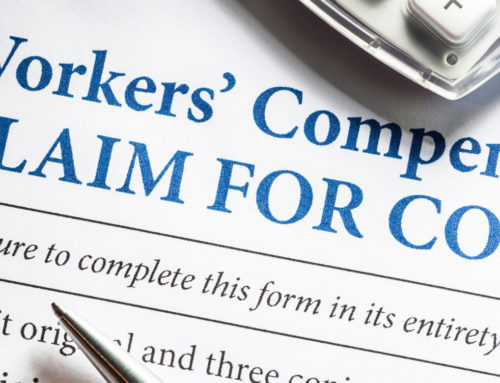Workers’ compensation claims can be awarded or denied for some of the most trivial reasons. Although two claims may seem identical, one claim could be compensable while the other claim is denied. Below, we’ll highlight two such cases.
Exhibit A
In October 2008, a nursing assistant was attending a mandatory work seminar at which she was required to pick up a paycheck. Guests at the seminar were expected to clock in for the seminar and could not punch out until they had received their check. After the seminar had concluded but before she got in line to pick up her check, Ronna Woods stepped outside for a cigarette.
While walking towards a trashcan, Ms. Woods slipped and fell on the concrete pavement. She suffered a fractured left arm as a result of her fall. Shortly after the incident, Ms. Woods filed a workers’ compensation claim seeking medical and temporary total disability benefits. Her employer contested the claim, but a law judge ruled in favor of Ms. Woods. The Arkansas Workers’ Compensation Commission agreed with the judge’s findings, but an appeals court overruled the ruling, saying by taking a break, Ms. Woods was no longer directly or indirectly advancing her employer’s interest.
Ms. Woods decided to appeal the overturned claim to Arkansas Supreme Court. The high court found that a reasonable person could surmise that Ms. Woods was, at a minimum, advancing her employer’s wishes, at least indirectly, by staying on the premise until she received her check. The Arkansas Supreme Court re-instated the ruling made by the Workers’ Compensation Commission.
Exhibit B
An Oregon woman filed for workers’ comp in 2012 after she suffered an personal injury in a parking lot that was used by the building’s employees.
According to the claim, Mrs. Frazer worked for a car rental company and had paid breaks. On one of her breaks, Mrs. Frazer decided to walk to a smoking hut located roughly 100 feet from the company’s main door. In order to get to the hut, employees would have to cross a parking lot. The car rental company did not own or manage the parking lot, but some of the parking spots were reserved for employees of the car rental company.
After finishing her cigarette, Mrs. Frazer began walking back towards the company’s main door. While she was walking, her shoe got stuck in a crack in the pavement. Mrs. Frazer fell to the pavement and injured her knee and ankle. A subsequent MRI revealed that Mrs. Frazer tore her lateral meniscus, and she needed surgery to address the problem.
Mrs. Frazer filed for workers’ compensation, but her employer’s claims representative denied the claim. However, the Workers’ Compensation Board did not find that Mrs. Frazer’s injury fell into the “coming and going rule.” The coming and going rule protects businesses from being liable for injuries that occur while a person is commuting to or from work (i.e. a car crash on your way home is normally not compensable, unless there are extenuating circumstances, like you are still on-call). The WCB found that Mrs. Frazer’s injury should not be subject to the clause, so she was awarded her claim.
Mrs. Frazer’s happiness was short-lived though, as the claim was soon brought in front of the Oregon Court of Appeals. The high court ruled that Mrs. Frazer’s injury did fall under the coming and going rule, even though the employee was only on a break. In their ruling, the Court of Appeals found no evidence that Mrs. Frazer stayed within 100 feet of her workplace at the time of the fall. They also stated that the employer’s control over the location she fell, in and of itself, was not enough to establish compensability.
Work Comp Attorney Commentary
Employers are required to make safe both ingress and egress from your place of employment; break time should be no exception. Even if the employee was found to be “not working for the benefit of the employer” during the break, a safe reentrance into the premises is required.
In the other case, it would be interesting to know if this was the designated smoke area for the company or just a spot the employee chose. These cases are very fact specific and depend on things like the route the employee took, the hazards that they encountered, and the control the employer exercises both over the route and the employee.
If you have sustained a work injury, contact our Minneapolis workers comp attorneys at 612-INJURED by calling or texting us at (612) 465-8733 for a free consultation.

